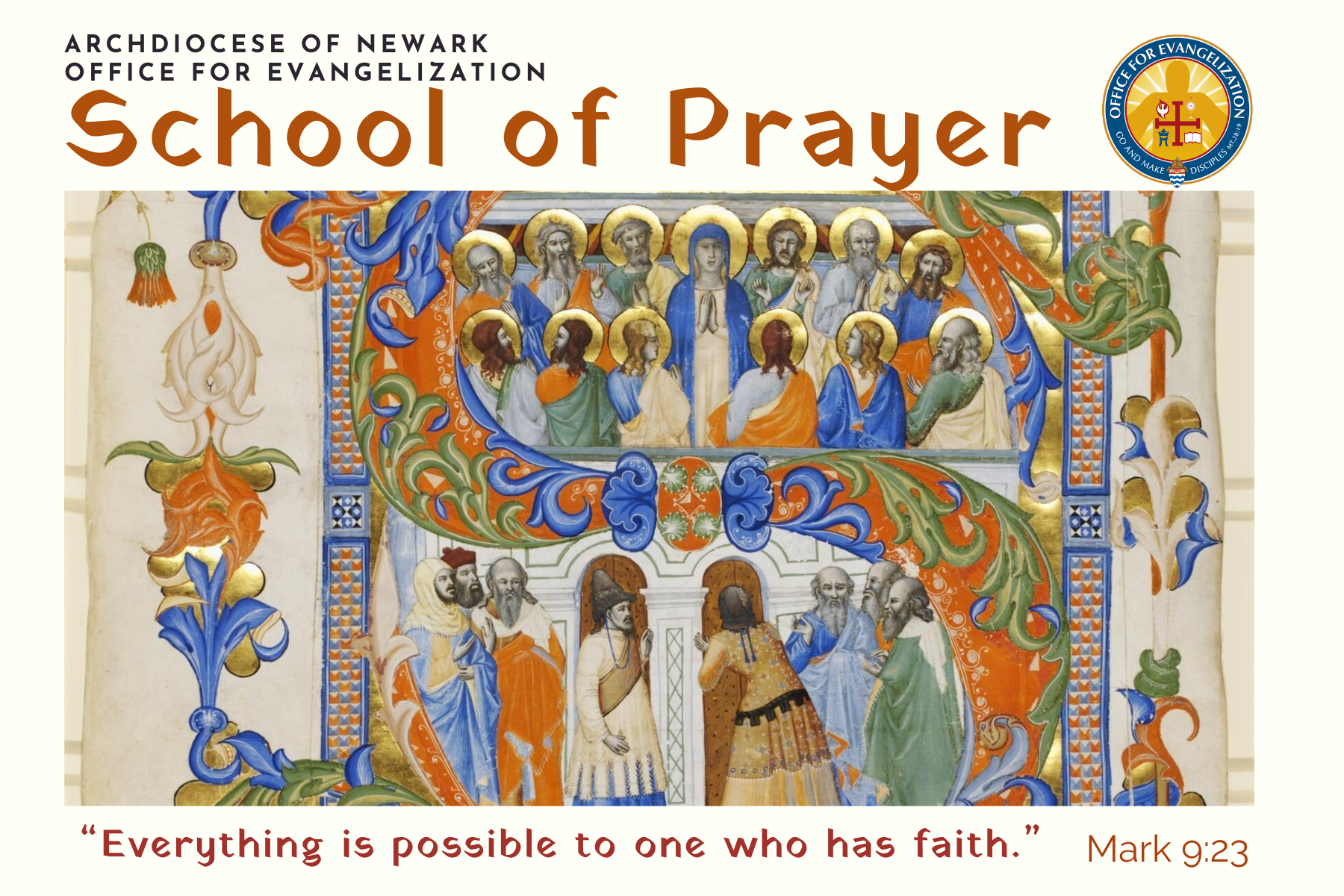Am I a good person?
Yes! Catholics believe that humans are intrinsically good because they were created in the image of God. The first time humans appear in the Bible, they are being created “in the image of God” (Genesis 1:27), and as the concluding part of a creation that God continually calls “very good.” While some Christian theologies hold humans to be intrinsically evil due to the sin committed after this creation, Catholics believe that humans are intrinsically good because they were created in the image of the good God. This is known theologically as the imago dei (Latin for “image of God”), and it is a lynchpin of the Catholic understanding of human nature.
Nevertheless, sin has transformed human nature. Sin entered the world when humans disobeyed a decree from God. Afterward humans were forced to leave the Garden of Eden, the perfect home that had been created for them, and go out into the world to toil and suffer.
What is Sin?
a quick introduction by Fr. Mike Schmitz, Ascension Presents
What is my purpose in life?
God has created you uniquely, and called you for a relationship with Him out of Love for you. Despite our sins of failings, God through the work of salvation in Jesus Christ, his Son, has saved us and adopted us. Our purpose therefore, is faith, also known as our response to this love: to seek to know, love, and serve God in this world, and be happy with Him forever in the next. To do this we are to deny ourselves selfish acts, to put God first above all things, and to serve Him in our love for others.
“And we know that in all things God works for the good of those who love him, who have been called according to his purpose.” Corinthians 8:28.
So, indeed, God has a purpose and we have been created as part of that purpose and for a purpose. And Jesus tells us what that purpose is – to love and serve God, and to love and serve others – and it’s repeated three times in the Scriptures (Matt 22:36, Mark 12:29, Luke 10:25). It’s really so very, very simple. When we are fulfilling that purpose, then that place deep down inside of us fills up and we experience peace and happiness. When we’re not, and we begin focusing on our own self and our own needs exclusively, then other emotions start flooding in.
Who is Jesus? Why does salvation matter?
Jesus Christ is the Word of God made flesh. In Him, we find a friend, a brother, our Saviour, our Redeemer, The Only truth Wholly Divine, and Wholly Human, the answer to every question, purpose and desire in our life, the source of all Love, Grace and Blessing. He, Who redeemed man by His Death on the Cross, and Whose Divine mission is continued by the ministry of the Church.
Salvation is the goal of human existence. Humans were created to live in harmony with God, but our relationship was broken through sin. As Adam and Eve represented all humanity when they chose sin over obedience, so Jesus the Christ represented all humanity when he chose obedience to God over personal desire. With his death and resurrection, Catholics believe, Jesus the Christ repaired the basis of the human-divine relationship, making it once again possible for humans to attain the goal for which they were created.
Humans experience this repaired relationship through grace, which is the loving benevolence of God freely offered to humans. Grace is a vitally important concept for Catholics, who believe that God offers grace to humans at all times, although in their brokenness they often refuse to accept it. When humans do accept the grace offered to them, their brokenness is overcome and they are able to be co-creators with God in the good.
Catholics believe that a repaired relationship with God leads to actions of goodness since it returns humans to their original purpose of loving and serving God and each other. These are not two separate aims: humans serve God by serving others. This service can take place in very concrete ways, such as teaching children, helping the poor and caring for the sick, or in more meditative ways, such as praying for others and performing penance for their sins.
How Should I Pray?
Prayer in the Christian Life: CCC Part 4: 2558 – 2565
“Great is the mystery of the faith!” The Church professes this mystery in the Apostles’ Creed and celebrates it in the sacramental liturgy, so that the life of the faithful may be conformed to Christ in the Holy Spirit to the glory of God the Father. This mystery, then, requires that the faithful believe in it, that they celebrate it, and that they live from it in a vital and personal relationship with the living and true God. This relationship is prayer.
What is Prayer?
For me, prayer is a surge of the heart; it is a simple look turned toward heaven,
it is a cry of recognition and of love, embracing both trial and joy. – St. Therese of Lisieux
Prayer as God’s Gift
Prayer is the raising of one’s mind and heart to God or the requesting of good things from God. – St. John Damascene.
But when we pray, do we speak from the height of our pride and will, or “out of the depths” of a humble and contrite heart? He who humbles himself will be exalted; humility is the foundation of prayer, Only when we humbly acknowledge that “we do not know how to pray as we ought,” are we ready to receive freely the gift of prayer.
Man is a beggar before God.- St. Augustine
The wonder of prayer is revealed beside the well where we come seeking water: there, Christ comes to meet every human being. It is he who first seeks us and asks us for a drink. Jesus thirsts; his asking arises from the depths of God’s desire for us.
Whether we realize it or not, prayer is the encounter of God’s thirst with ours. God thirsts that we may thirst for him. Paradoxically our prayer of petition is a response to the plea of the living God: Prayer is the response of faith to the free promise of salvation and also a response of love to the thirst of the only Son of God.
Prayer as covenant
Where does prayer come from? Whether prayer is expressed in words or gestures, it is the whole (person) who prays.
But in naming the source of prayer, Scripture speaks sometimes of the soul or the spirit, but most often of the heart (more than a thousand times). According to Scripture, it is the heart that prays. If our heart is far from God, the words of prayer are in vain.
The heart is our hidden center, beyond the grasp of our reason and of others; only the Spirit of God can fathom the human heart and know it fully. The heart is the place of decision, deeper than our psychic drives. It is the place of truth, where we choose life or death. It is the place of encounter, because as image of God we live in relation: it is the place of covenant.
It is the action of God and of man, springing forth from both the Holy Spirit and ourselves, wholly directed to the Father, in union with the human will of the Son of God made man.
Prayer as communion
In the New Covenant, prayer is the living relationship of the children of God with their Father who is good beyond measure, with his Son Jesus Christ and with the Holy Spirit. Thus, the life of prayer is the habit of being in the presence of the thrice-holy God and in communion with him. Prayer is Christian insofar as it is communion with Christ and extends throughout the Church, which is his Body.
Its dimensions are those of Christ’s love.

Join our current series of in person classes!
2024 sessions still to come:
Wednesday, February 21 – Schools of Spirituality
Wednesday, April 17 – Traditions of Prayer
Wednesday, May 15 – Prayer changes us




